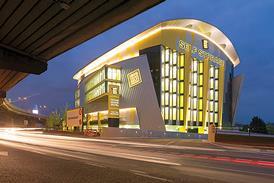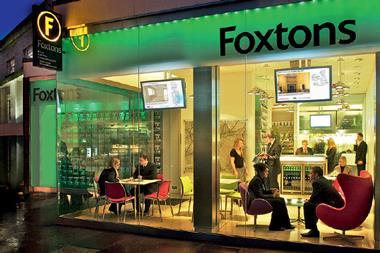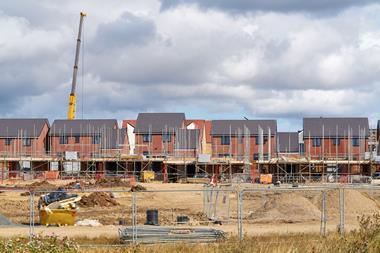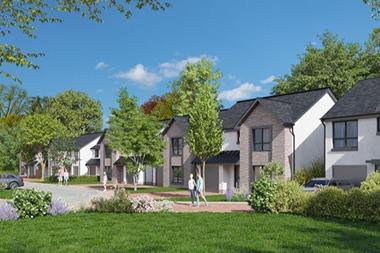Editor: Disruption to the construction sector caused by the volatility of material price inflation shows no signs of abating, with recent analysis of Office for National Statistics data showing inflation added £23bn to the cost of the sector’s output compared with pre-pandemic levels.

As an industry, we must face the reality that this is becoming a continuous struggle and act accordingly. We are not thinking strategically enough to adapt and secure our industry’s future stability.
A strategic approach to building resilience against external challenges such as inflationary pressure will firstly need to deploy long-term thinking. Today’s approach to cost planning is either present day or retrospective, without an understanding of – or consideration for – how the future will affect products and materials.
Instead, it will be vital to stay aware of market and industry inflationary trends, if we are to combat them.
We must also adopt an ethos of ‘use less material, fewer people to build and less energy to operate and maintain’. This means using thoughtful designs that maximise material efficiency and embrace low-carbon materials, while also considering the availability, supply and cost of materials and labour.
Finally, by tackling new projects with circularity and reuse in mind, we will be able to understand
how they can adapt with age. Testament to this is Arup’s work on the Triton repurposing and facade reuse project, which required the removal, refurbishment and reinstallation of over 3,000 sq m (32,300 sq ft) of facade, comprising some 25,000 separate parts. This method saved more than 2,400 tonnes of carbon and represented a 66% cost saving compared to fitting a new facade.
The industry has no choice but to become more thoughtful about how we build when it comes to material and labour efficiency. While we are living through challenging times, we must embrace this moment as an opportunity to establish a more resilient industry – one that is protected from inflationary risks and can thrive in both the short and long term.
Jeremy Edwards, global and UKIMEA property business leader, Arup






























No comments yet